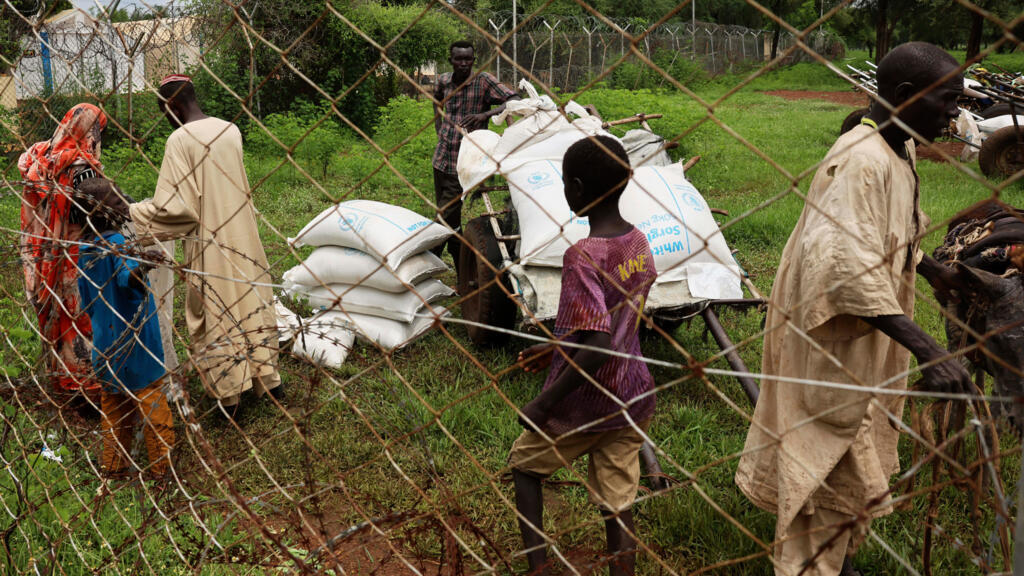
The UN's World Food Programme warned Wednesday that massive funding cuts could push as many as 13.7 million people receiving food aid into "emergency" levels of hunger – one step before famine.
The World Food Program (WFP) warned that six key operations – in Afghanistan, the Democratic Republic of Congo (DRC), Haiti, Somalia, South Sudan, and Sudan – "are currently facing major disruptions, which will only get worse by year-end".
"WFP is facing a staggering 40 percent reduction in funding, with projections of $6.4 billion compared to $9.8 billion in 2024," the Rome-based agency wrote in a new report.
"The humanitarian system is under severe strain as partners pull back from frontline locations, creating a vacuum," it added.
It did not name any one country, but noted a report in The Lancet medical journal about the huge impact of cuts to US assistance.
Donald Trump slashed foreign aid after returning as US president in January, dealing a heavy blow to humanitarian operations worldwide.
Global aid in chaos as Trump proposes to slash funds and dismantle USAID
"Programme coverage has been slashed and rations cut. Life-saving assistance to households in Catastrophe (IPC Phase 5) is at risk, while preparedness for future shocks has dropped drastically," the report said.
The IPC, the Integrated Food Security Phase Classification (IPC), is a UN-backed initiative that measures hunger and malnutrition around the world.
Lifeline
Across the world, "WFP estimates that its funding shortfalls could push 10.5 to 13.7 million people currently experiencing Crisis (IPC Phase 3) levels of acute food insecurity into Emergency (IPC Phase 4)", it said.
"The world is facing hunger issues on a scale never seen before – and the funds needed to help us respond are woefully insufficient," said WFP Executive Director Cindy McCain.
"We are watching the lifeline for millions of people disintegrate before our eyes."
The WFP said just 600,000 people will get its food aid this month in DRC, down from a planned 2.3 million, while less than 10 percent of those in need are getting assistance in Afghanistan, despite soaring malnutrition rates.
In South Sudan, expensive airdrops in famine-risk areas are under threat due to funding constraints, WFP said, while in Haiti, families are receiving half the agency's standard monthly rations.
Global hunger "is at record levels", with 319 million people facing acute food insecurity, including 44 million in emergency levels of hunger, the agency said.
The UN formally declared a famine in Gaza earlier this year, while the WFP said Wednesday that the number of people categorised as "in famine or on the brink" has doubled in just two years to 1.4 million across five countries.
UN declares famine in Gaza, first ever in the Middle East
Rising hunger levels not only put lives at risk but also undermine regional stability and fuel the displacement of communities, McCain said.
"We are at risk of losing decades of progress in the fight against hunger," she said.
(with AFP)







